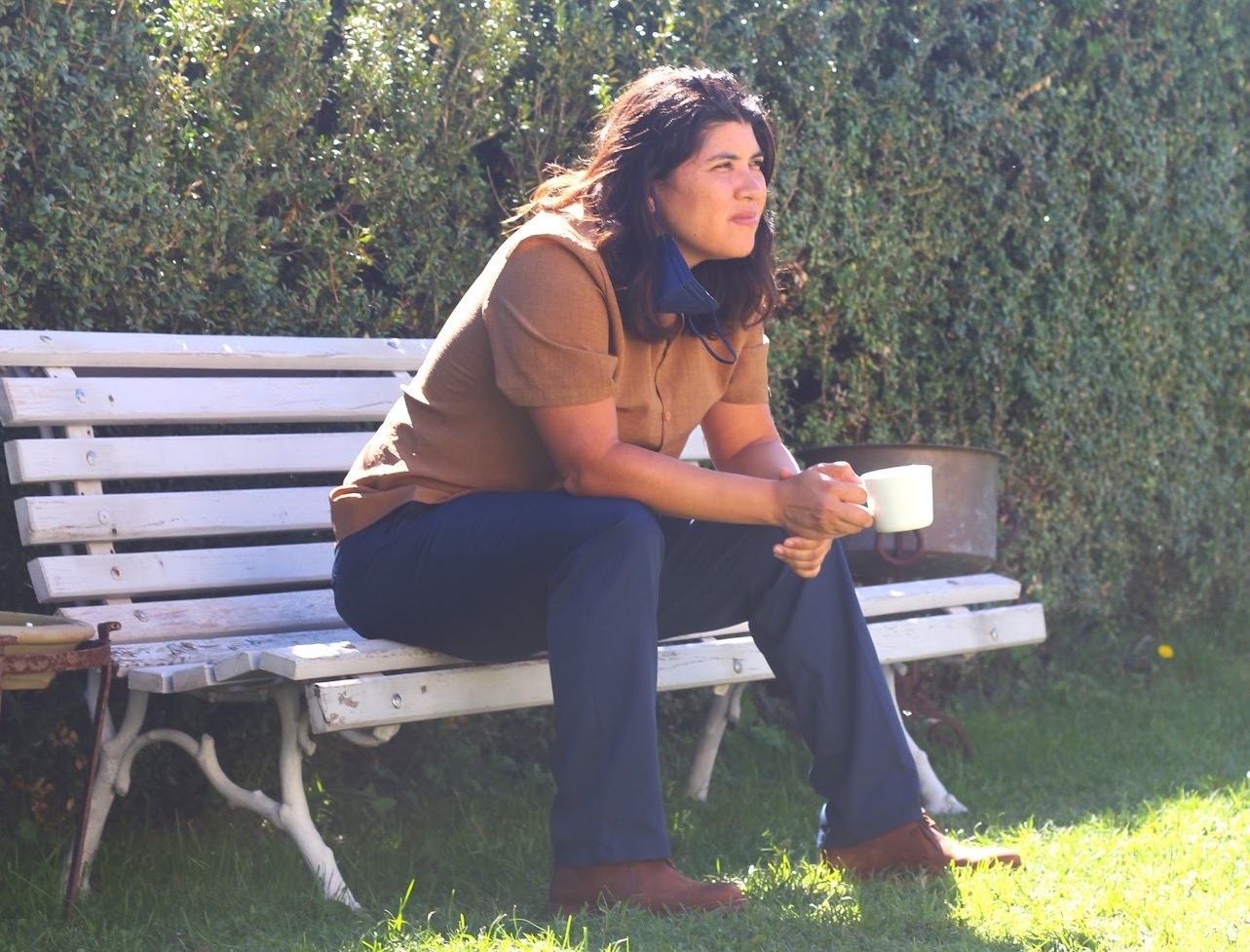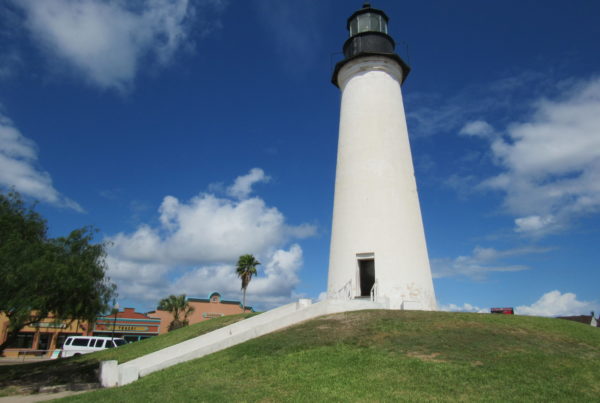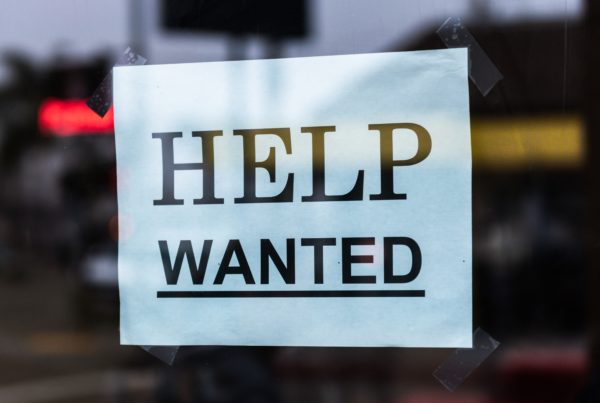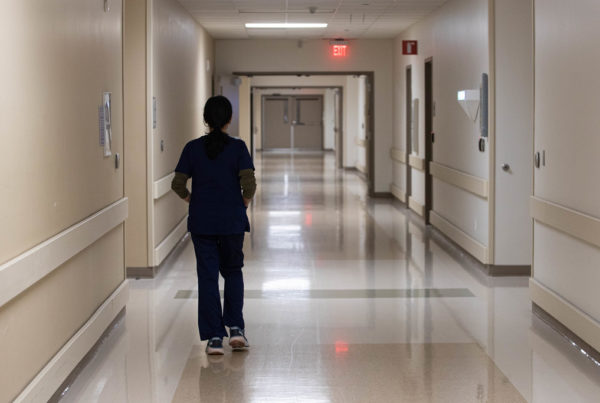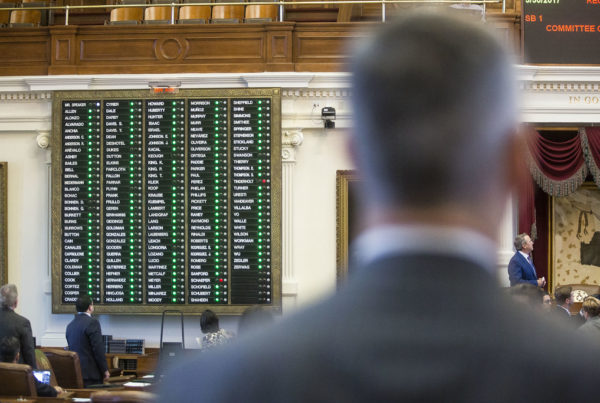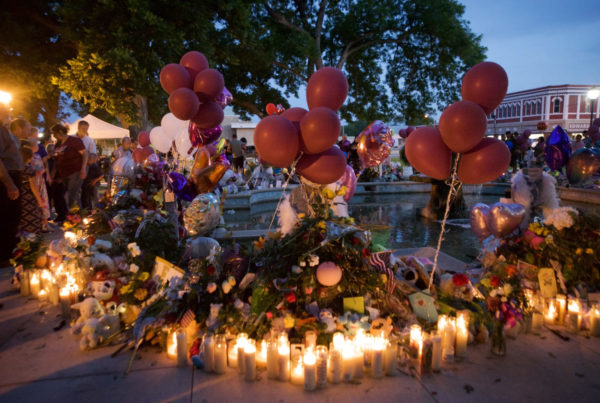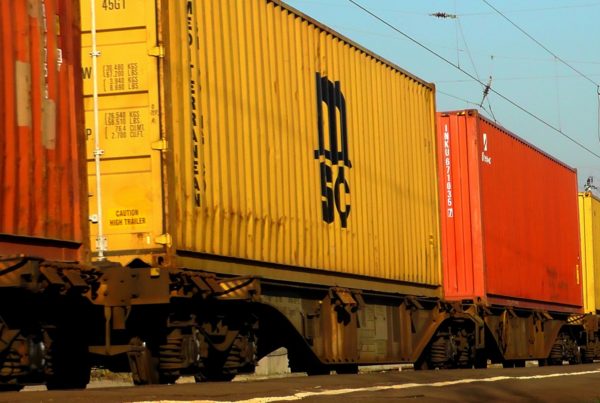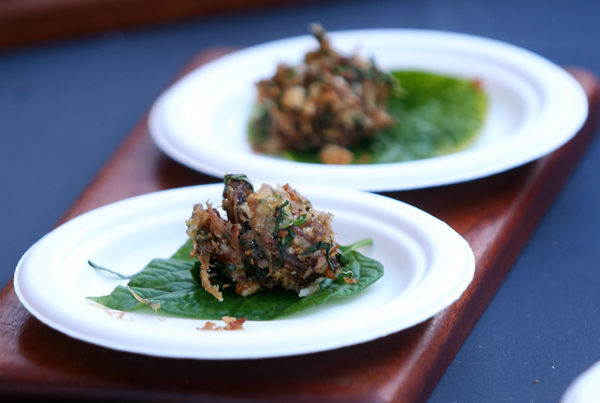mónica teresa ortiz is part of the inaugural cohort of the Texas Folklife Community Fellowship.
“It’s a really cool program,” ortiz says. “My understanding is that they wanted to kind of facilitate the learning of how to do audio storytelling to community members.”
The fellows are from all over the state.
“And I was the one from the Panhandle,” ortiz says.
» RELATED: Cultural traditions are highlighted and shared in new Texas Folklife program
ortiz has been writing poetry for the past 20 years.
“And I feel like that filters a lot of what I see and the way I talk about things because, you know, I’m really interested in obviously in the image, but also the language – the importance of language – and how we speak, how we present things, how we present ideas,” ortiz says.
ortiz says that influenced how they put together their audio project: a podcast ortiz called “The 806” – the area code for the Panhandle region.
“I grew up in the Panhandle between Amarillo and Lubbock,” ortiz says. “It’s mostly agriculture… there’s a lot of cattle, feed yards. So, you know, it’s a pretty interesting area when you really think about what’s happening and climate change because… a lot of these communities are really impacted by those changes that we’re witnessing… the extreme weather from droughts to floods.”
ortiz says they’re concerned about the politicization of climate change.
“We have, you know, a government that doesn’t want to recognize it because they think it’s political,” ortiz says. “And so I think it becomes even more important to build with each other and, like, build collectively.”
They say that’s why their project has focused on not just talking to scientists or “experts” but also people who live and work on the land.
“There’s a lot of communities of color in Texas and there’s a lot of people from other parts of, you know, other parts of the world that live here,” ortiz says. “And, you know, I think as communities, we have to work together to survive, especially in these times when climate change has become like a serious problem.”
ortiz’s story is the first featured in the Texas Folklike podcast series The Folklorist Next-door.
Correction: This story has been updated to correct ortiz’s pronouns.


